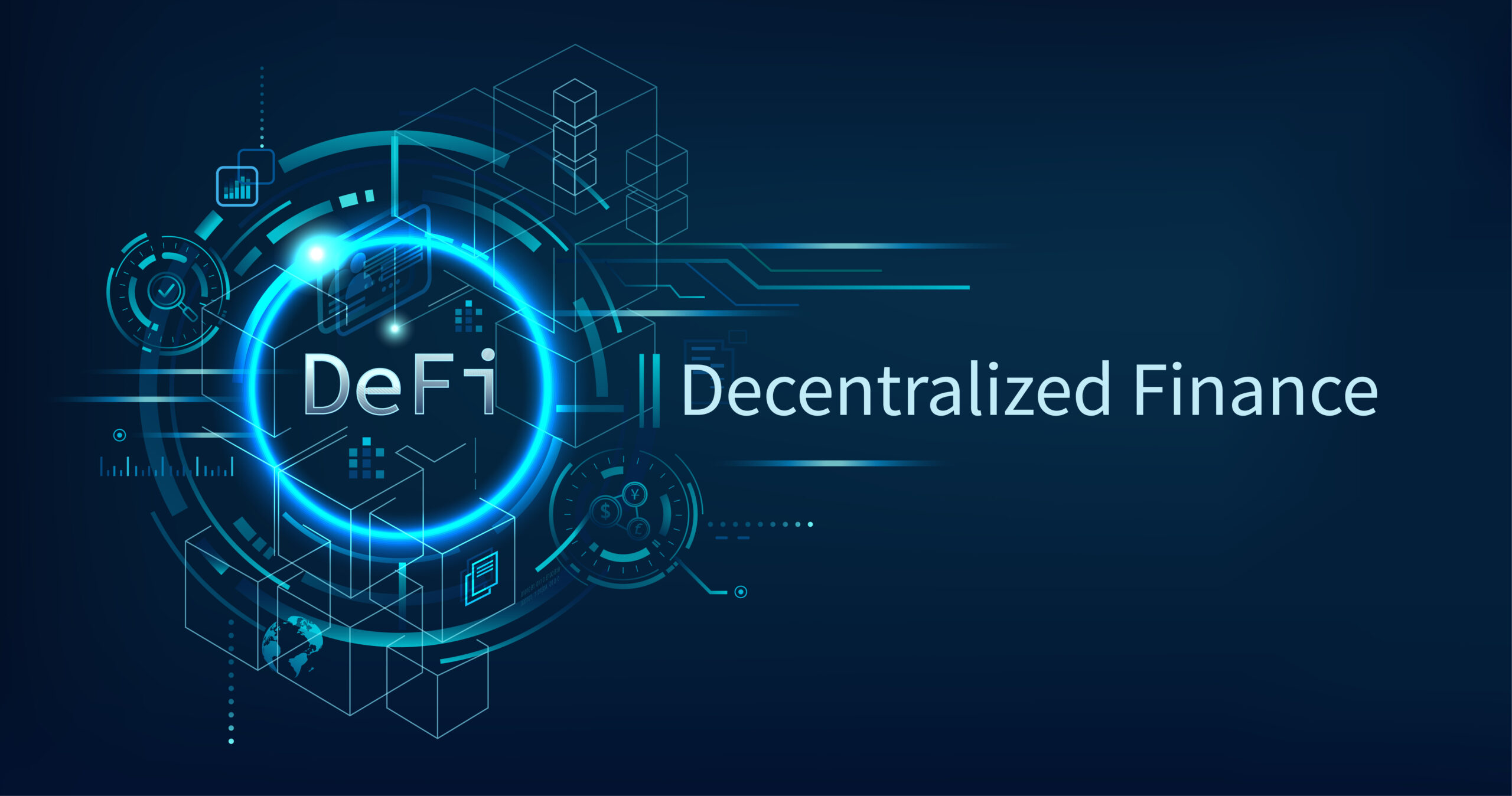In recent years, Decentralized Finance (DeFi) has emerged as a groundbreaking trend in the financial sector, presenting traders with unique opportunities and challenges. This article delves into the intricacies of DeFi, uncovering the potential for profit and risk for traders venturing into this decentralized landscape. From understanding the fundamental concepts to navigating the complex DeFi platforms, we’ll provide insights to help you make informed decisions.
Decentralized Finance (DeFi): Opportunities and Risks for Traders
Embracing DeFi: A New Frontier for Traders: TradersThe advent of blockchain technology and smart contracts has birthed DeFi, a system allowing individuals to engage in financial activities without intermediaries. This offers traders unparalleled access to various financial instruments, from lending and borrowing to trading derivatives.
Unveiling DeFi’s Potential Rewards
DeFi platforms often promise significantly higher yields compared to traditional finance. Through liquidity provision, yield farming, and staking, traders can capitalize on the potential for substantial investment returns.
Diving into the DeFi Ecosystem
Navigating the DeFi landscape requires understanding platforms like decentralized exchanges (DEXs), automated market makers (AMMs), and lending protocols. These platforms enable traders to easily buy, sell, and lend various cryptocurrencies.
Risk Factors in the DeFi Sphere
While the potential for high rewards exists, DeFi has risks. Smart contract vulnerabilities, impermanent loss in liquidity provision, and regulatory uncertainties can lead to significant losses for traders who need to be adequately informed.
Ensuring Security: Protecting Your Assets
Security is paramount in the DeFi space. Traders must exercise caution by conducting thorough research on projects, using hardware wallets, and employing multi-factor authentication to safeguard their assets from potential breaches.
Navigating Regulatory Challenges
The decentralized nature of DeFi poses regulatory challenges as it operates beyond traditional financial frameworks. Traders must stay informed about the evolving legal landscape to ensure compliance and avoid potential legal repercussions.
Overcoming Liquidity Challenges
While DeFi offers the ability to earn rewards through liquidity provision, traders must also be aware of the risks associated with impermanent loss. This phenomenon occurs when the value of assets in a liquidity pool changes relative to external market prices.
Decentralization vs. Centralization
DeFi’s core principle is decentralization, removing intermediaries. However, this can lead to challenges such as slower transaction speeds and network congestion during peak times. Traders should weigh the benefits of decentralization against the potential downsides.
Niche DeFi Trading Strategies
Exploring niche trading strategies like flash loans, arbitrage, and prediction markets can offer traders unique avenues for profit. While potentially lucrative, these strategies require a deep understanding of the DeFi ecosystem.

The Importance of Due Diligence
With the proliferation of new DeFi projects, due diligence is essential. Traders should evaluate the credibility of projects, study their whitepapers, and assess the team’s experience before committing funds.
Managing Volatility and Risk
Cryptocurrency markets are known for their volatility, and the same applies to DeFi tokens. Traders should adopt risk management strategies to mitigate potential losses, including diversification and setting stop-loss orders.
Defi Hacks and Their Implications
The DeFi space has witnessed several high-profile hacks that have resulted in substantial losses. Traders must be aware of the potential risks posed by vulnerabilities in smart contracts and the platforms they engage with.
The Role of Governance Tokens
Many DeFi projects issue governance tokens that allow holders to participate in decision-making processes. These tokens can be lucrative, but traders must understand their utility and risks before acquiring them.
Yield Farming: Maximizing Returns
Yield farming involves lending out assets to earn rewards through additional tokens. Traders can optimize their yield farming strategies by researching platforms and associated risks.
The Evolution of DeFi
The DeFi landscape constantly evolves, with new projects and protocols emerging regularly. Staying up-to-date with industry trends and technological advancements is crucial for traders seeking to make informed decisions.

